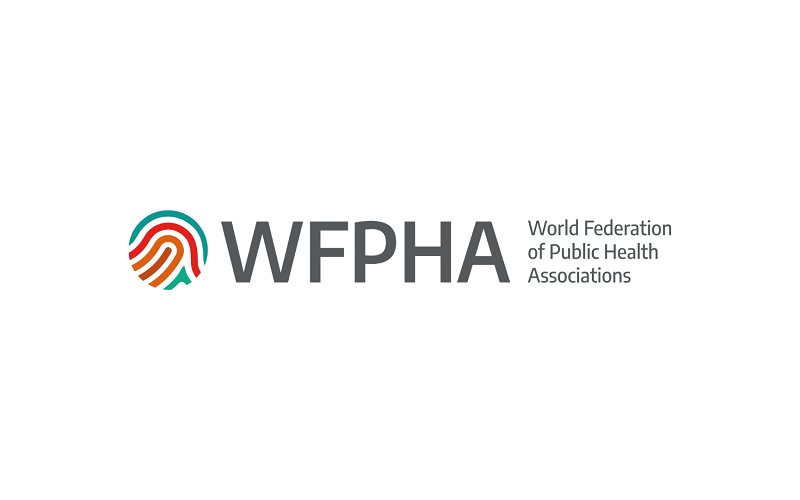The World Federation of Public Health Associations (WFPHA) strongly condemns the terrorist attacks on civilians in Israel perpetrated by Hamas. To date, Hamas has killed over 900 Israeli and non-Israeli civilians, including women, children, babies, and 260 young people who attended a music festival. WFPHA considers these attacks as a severe violation of human rights and an infringement of international law. As a global public health association, WFPHA is deeply concerned about the many lives lost and the negative repercussions on the physical and mental health of individuals and communities.
WFPHA is fearful for the wellbeing of about 150 non-combatant civilians taken hostage by Hamas, including children, toddlers, disabled and elderly persons. Although no official list was given, it seems that among the hostages there are those with Canadian, US, EU, Philippines, and Thai citizenship, as well as Israeli citizens. Their lives, as well as their physical and mental health, are at great risk. WFPHA joins the Association of Schools of Public Health in the European Region’s (ASPHER) call for their immediate release and for rapid intervention on their behalf by organizations such as the International Committee of the Red Cross and the Red Crescent.
WFPHA is concerned about non-combatant civilians in the Gaza Strip. They deserve protection like civilians everywhere.
This latest atrocity by Hamas, which is a crime against humanity, has only added to the cycle of violence in the region. WFPHA appeals to all parties involved to seek peaceful lives together, respecting the rights of all people in the region.
WFPHA is a membership organization representing more than 5 million public health workers in 130 countries. Its mission is “protecting people and the planet, preventing diseases, and promoting health, peace, and wellbeing”. It again stresses the need for peace work.
WFPHA greatly values public health colleagues in the region. It is a testimony of their efforts to work harmoniously together in the interests of peace and health for all. WFPHA will support the Israeli public health community in all its further efforts.





Recent Comments